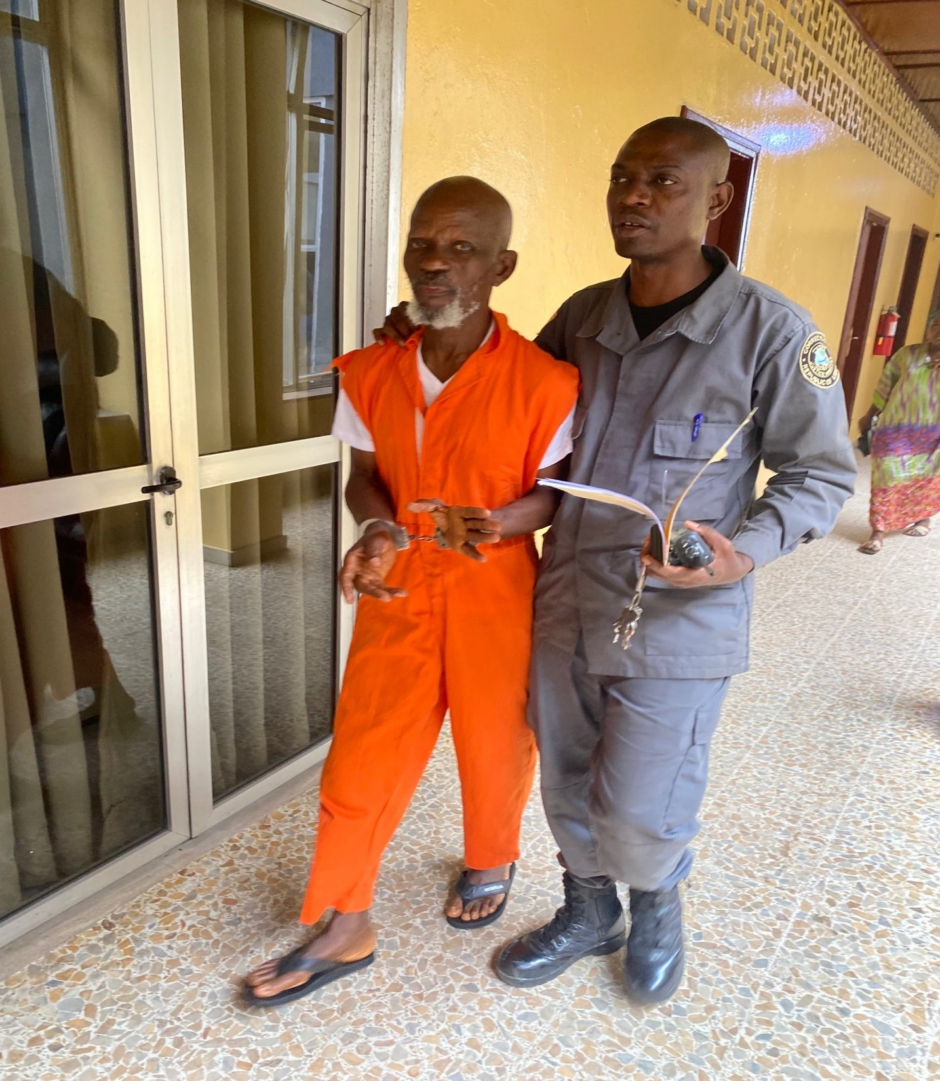MONROVIA, Liberia – A former agent of the National Security Agency has been found guilty of human trafficking, becoming the first person with a direct link to the Liberian government to be convicted of the charge. Following a landmark trial ten of the twelve jurors in the case at Criminal Court “A” said they agreed with state prosecutors that Arthur Chan-Chan had committed the crime. After the verdict Judge Roosevelt Willie ordered the probation office at the Justice Ministry to submit Chan-Chan’s pre-sentence report to him next Wednesday. The report on Chan-Chan’s background from his family, friends, ex-workmates, and neighbors will determine the length of his sentence. But it will not be less than 20 years.

Liberia’s amended anti-human trafficking law now provides for 20 years as a minimum sentence for people convicted of human trafficking. During their final argument on Thursday, state lawyers said Chan-Chan, who was assigned at the Roberts International Airport prior to his arrest and detention, abused his position by trafficking many women, two of whom testified against him in the case.
“Arthur was the head. He was the conduit,” said Wesseh A. Wesseh, Liberia’s Acting Solicitor General. “Without him the girls would not have been trafficked. He was using his position at the airport to exploit these girls, to traffic them under deception.”
Cllr. Wesseh said the government was pleased with the verdict. “It will serve as a deterrent to individuals who want to use their positions in the public or private sectors to engage in trafficking in persons.”
Cllr. Sennay Carlor, Chan-Chan’s lead lawyer, declined to comment on the verdict. Earlier in court he had reiterated the defense argument that Chan-Chan was innocent of the charge.
“The case here is a false allegation,” he said. “This is a false allegation placed on this poor man who has been in jail since last September. The man is suffering in jail.”
Arthur’s conviction comes as the Liberian government has lifted its standing in the United States’ annual Trafficking in Persons report which had listed the country on a watch-list, plaguing the country’s international image and threatening aid.
This story is a collaboration with New Narratives as part of the Investigating Liberia project. Funding was provided by the US Embassy in Liberia. The funder had no say in the story’s content.
